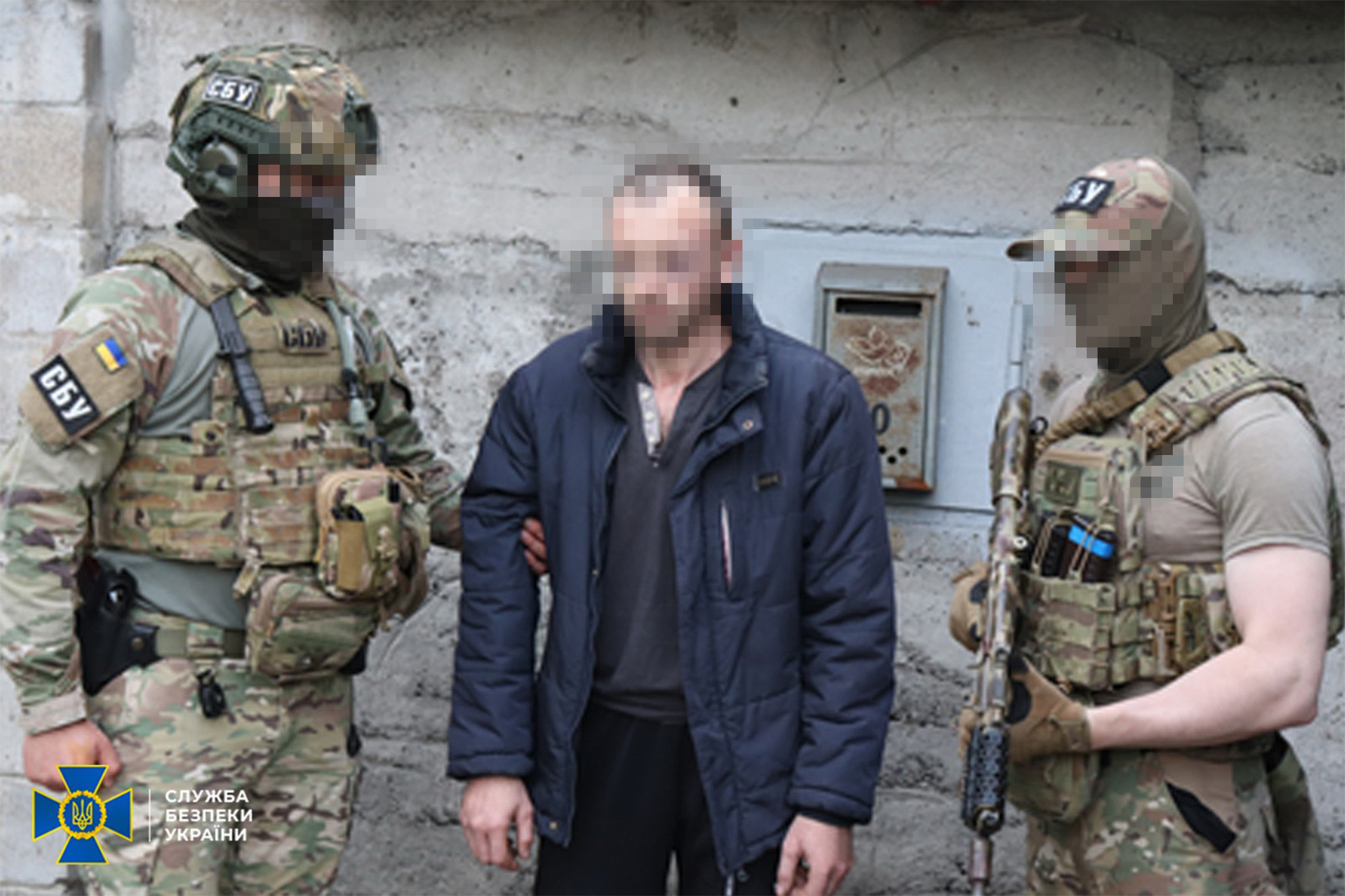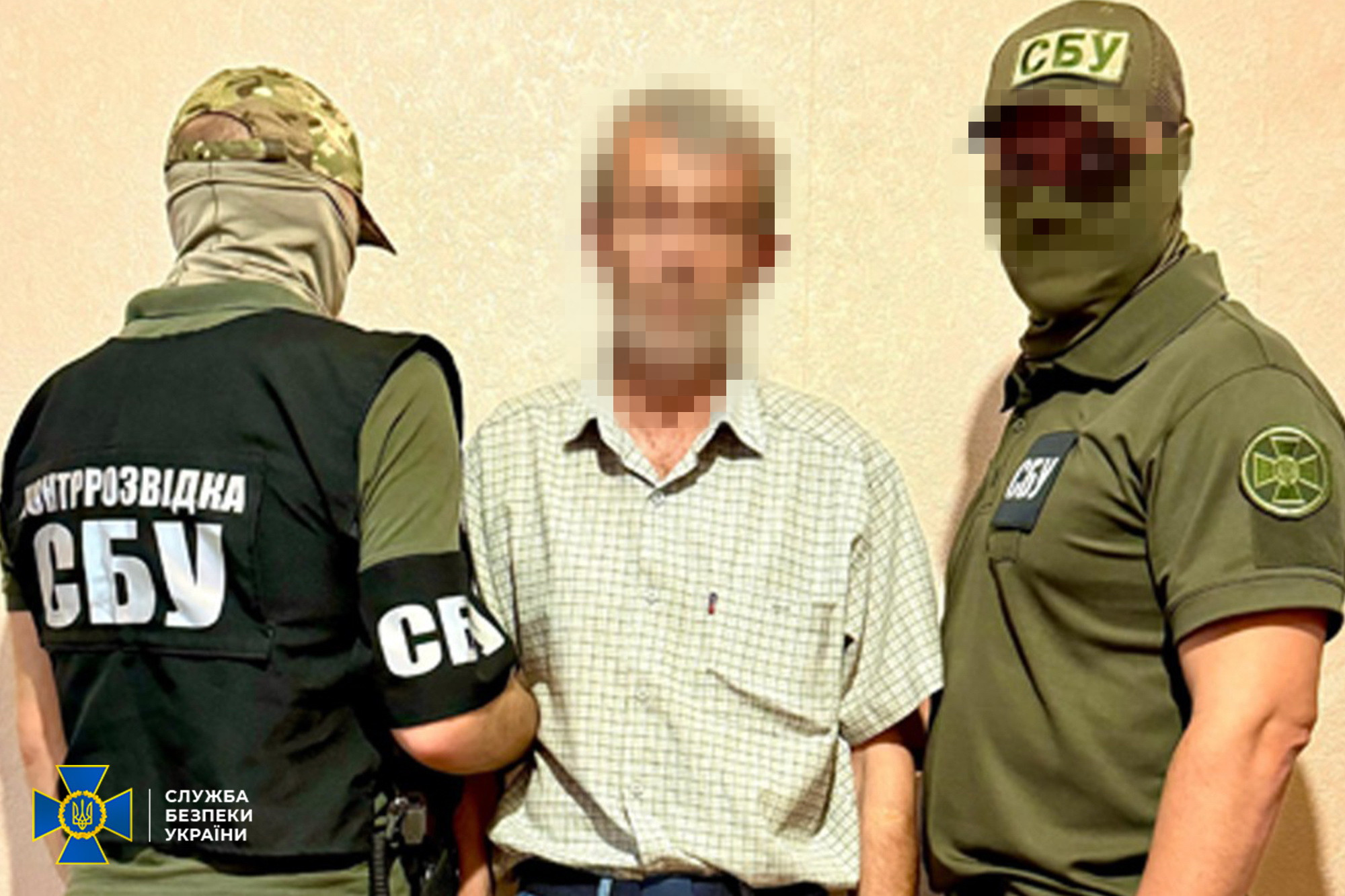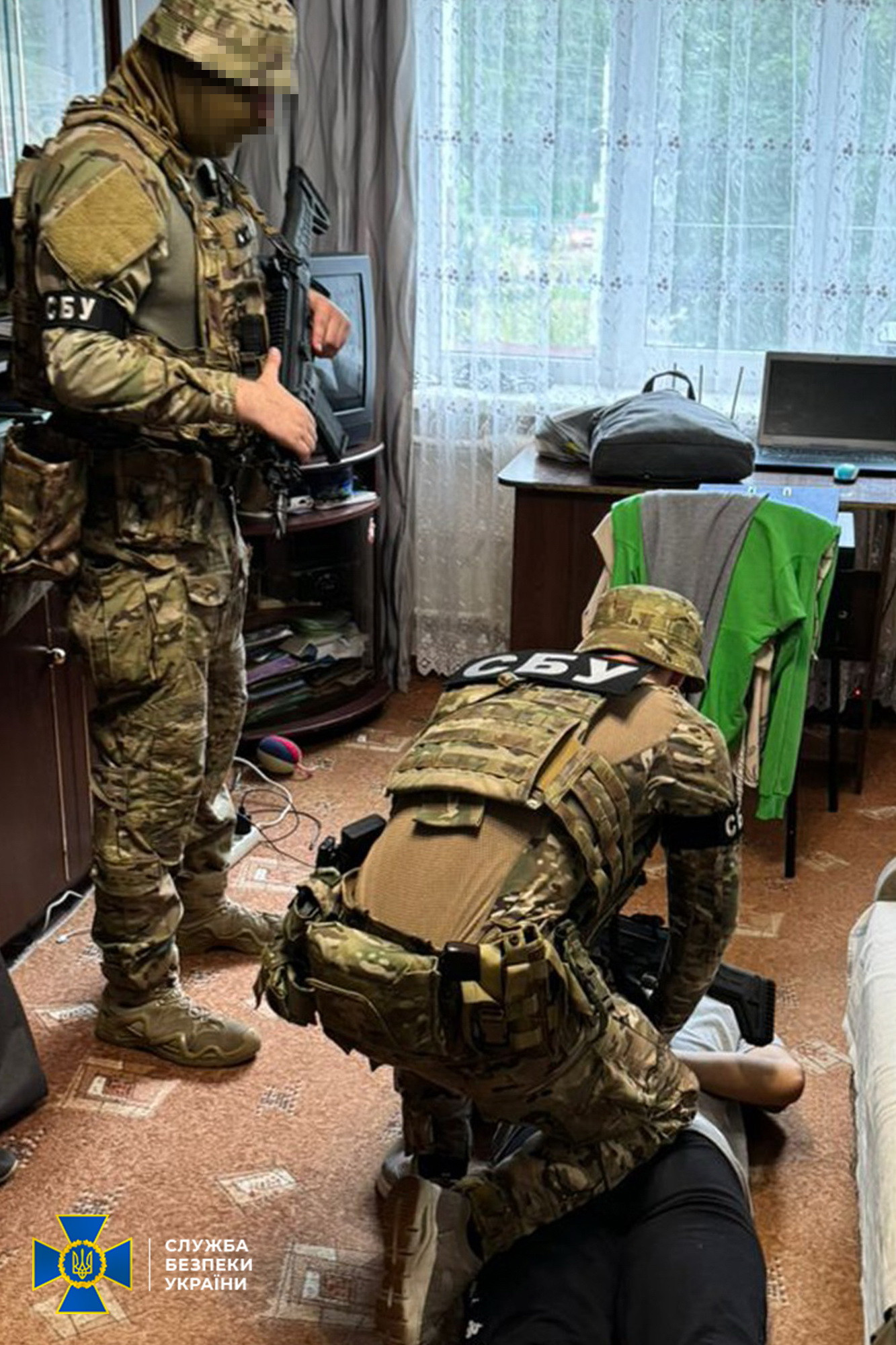The counterintelligence of the Security Service of Ukraine has neutralized a large FSB espionage network that was preparing missile, bomb, and drone strikes by Russia across six regions of Ukraine.
As a result of a multi-stage special operation, nine Russian agents were simultaneously detained in Dnipro, Zaporizhzhia, and Sumy, as well as in Donetsk, Odessa, and Kirovohrad regions.
To maintain secrecy, the individuals acted separately but were linked to a Russian FSB officer. The SSU has already identified this officer.
Under the instructions of the Russian intelligence officer, the agents collected coordinates for targeting the Defense Forces and critical infrastructure.
The enemy group included two officials: one from the Dnipro City Council and another head of a department in the Yuzhne City Council in Odessa region. They identified the locations of air defense systems and key electrical substations to adjust Russian shelling in both regions.

Two other agents gathered information on the locations of defensive positions and heavy artillery fire positions of the Ukrainian Armed Forces near Pokrovsk and Chasiv Yar.
Their accomplice collected information on the concentration of personnel and military equipment of the defenders of Kurakhove in Donetsk region.
Among the Russian agents were also two managers and a university student who monitored the movement of Ukrainian military convoys toward the eastern front.
Another traitor was a former employee of the disbanded police who reported to the occupiers about the consequences of a Russian attack on one of Ukraine's hydroelectric power stations.

According to the investigation, the individuals came under the FSB's radar as active "commentators" in pro-Kremlin Telegram channels.
After being recruited remotely, the traitors communicated with their Russian handler via anonymous chat bots on a popular messaging app.
During searches, mobile phones with evidence of espionage and sabotage activities for Russia were seized from the detainees.
The SSU investigators have currently informed them of suspicion under Part 2 of Article 111 of the Criminal Code of Ukraine (treason committed under martial law).
The perpetrators are in custody and face life imprisonment with confiscation of property.






















